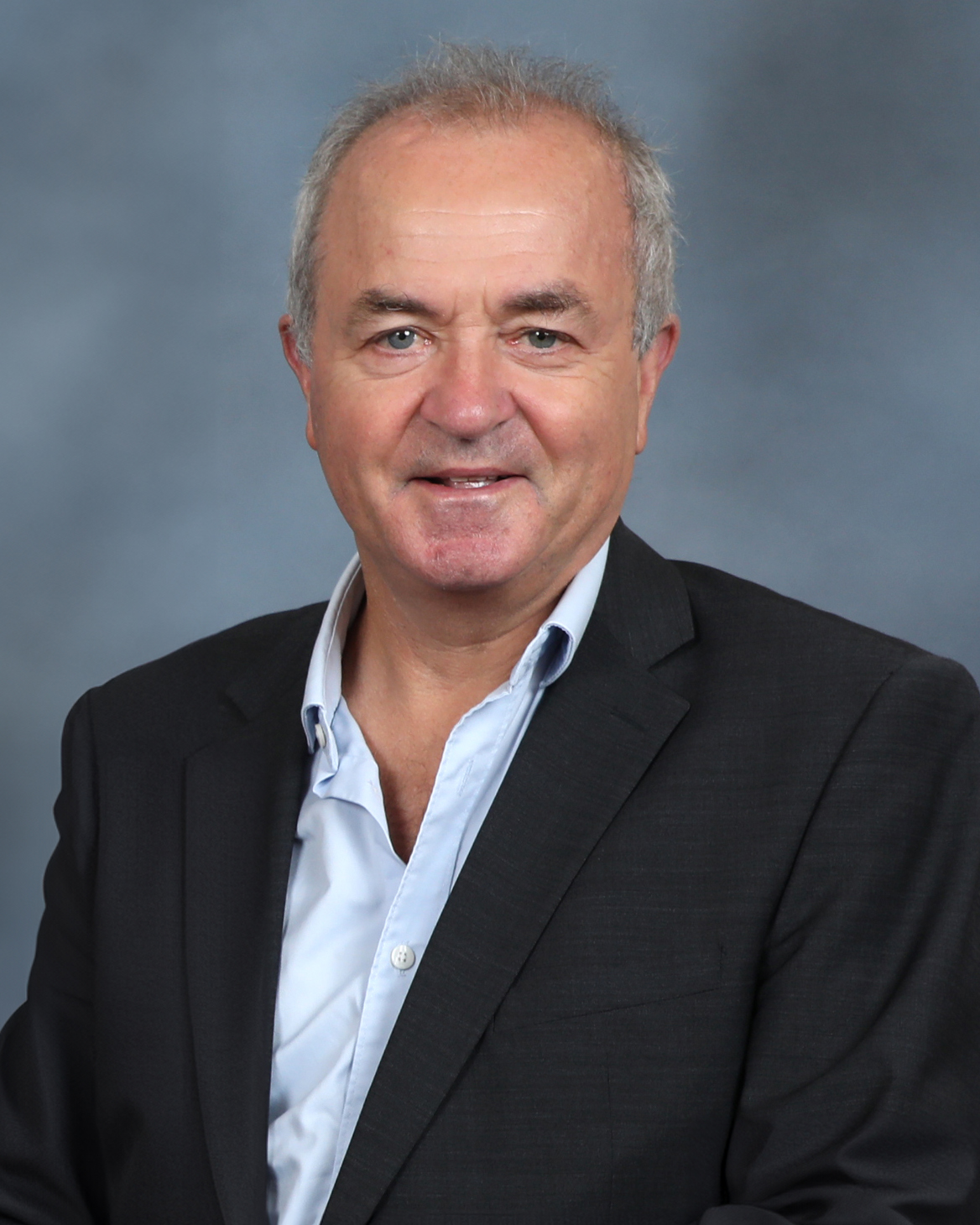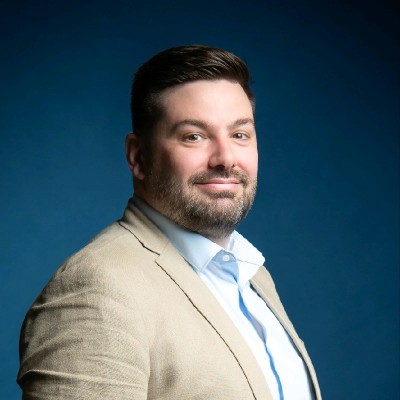
Spotlight on Bobbi Hartshorne
- Tell us about your time in the UAE.
I moved to Dubai in the summer of 2012. I arrived about 12-days prior to the start of Ramadan, so it was a steep learning curve adapting to both the UAE heat and the culture, but I loved it!
I had been here on holiday in the April before and decided that this was a place I could utilise my skills well. So, with no job and no real plan, I handed in my notice in the UK, packed up my life and jumped on a plane to Dubai. This was, what you might call ‘a wing and a prayer’. 11-years later, I am still here, and that is because the UAE has presented me with all sorts of opportunities that have enabled me to continue to grow.
My Partner and I now live in Abu Dhabi, where we have been since March. Except for the humidity, we really love it here. We are ‘outdoorsy’, we love to camp, go to the beach, explore the dunes, go hiking etc. We find Abu Dhabi to have a great community spirit and a nice pace of life.
How has your career in the UAE evolved?
I built my early career in Universities across the UK, working with under-represented groups, and helping them to access higher education. I also worked in international student recruitment, which took me all over the world and was really the beginning of me catching the ‘travel bug’.
I secured my first role in Dubai at a branch campus university doing similar work to what I had been doing in the UK. Later I joined Laimoon, a start-up helping professionals to navigate the professional development opportunities in the region. During this time, I also began my Executive MBA at HULT International Business School, which was a profound 2-years of not just learning business, but also culture. We had over 40 nationalities in the class, which continues to be one of my favourite things about living and working here in the UAE.
I joined Global Student Accommodation Group (GSA) in 2015 and became the Global Head of Student Wellbeing shortly after. This is where my wellbeing journey really began. We created an international, culturally adaptable student wellbeing framework that was delivered across our residences in 7 countries: Japan, Australia, China, UAE, Germany, Spain, UK, and Ireland. The initiative won several awards and ultimately changed the way the sector operated. Wellbeing became a significant ESG consideration for investors and I am proud that I was part of making that happen.
Unfortunately, the COVID-19 pandemic had a huge impact on the industry as universities closed their doors and students went home to study remotely. It was an incredibly challenging time, and I began to observe increased discussion both within and outside my organisation about employee and workplace wellbeing challenges. I was hooked! I found this topic fascinating, and I soon realised that so much of the work I’d been doing in higher education, would be helpful to employers and employees too. I had also studied generations and I understood from the work I’d been doing with students, that as Gen Z entered the workforce, their expectations around wellbeing would be much higher, and this was something organizations would need to adapt to in order to attract and retain them.
How did you make the transition from student to workplace wellbeing?
At the end of 2020, I left GSA and I decided to dive headfirst into the world of workplace wellbeing. I researched the history of the topic from the late 1800s to now and wrote an e-book on this. What I discovered was current approaches to workplace wellbeing, whilst well-intentioned, were not particularly effective and that the wellbeing of the working population was (and still is) getting worse not better. So, I started to dig into this deeper, interviewed HR and wellbeing professionals, studied a litany of research papers, and observed the discussion online to unravel this conundrum.
I was eager to develop a solution that could really have a positive impact on employees and organizations simultaneously. We wrote a whitepaper on this to help professionals to understand this challenge and the opportunity that lay ahead. This was the start of WellWise; a workplace wellbeing diagnostics, strategy, and guidance platform designed to enable organizations to truly understand the role wellbeing was playing in their business, identify hidden risks and opportunities, and shape sustainable wellbeing strategies that would become a strategic driver of their business success.
I am also a freelance Workplace Wellbeing Consultant and Leadership & Management Trainer here in the UAE, which was made possible through the UAE’s Golden Visa programme. Something, I am very grateful for, as this has enabled me to earn an income, learn a lot, and connect with some great businesses to discuss wellbeing, whilst we invested in building WellWise.
What are your biggest challenges in the next 5 years?
We are in the business of ‘Human Sustainability’, which is a relatively new term and not one everyone is aware of. One of the biggest challenges we face is educating our audience. If you are not in the workplace wellbeing space, it can be very hard to keep up with the pace of change and as such, many organisations are significantly behind the curve. Our solution is very much at the front of the curve and so we need to help our audience to understand that there is some catching up to do, and that we can help them do that.
We are finding a niche group of progressive leaders and forward-thinking organisations who are really starting to get this. They understand that wellbeing presents both great risks and opportunities to their organisations (and business in general). They are also humble enough to admit that whilst they are keen to progress, they don’t know how to do that and that many of their current approaches are failing to deliver on their promises. Working with leaders like this really helps to keep us energised through the tumultuous journey of evolving a fledgling start-up.
As with most start-ups, the 5-year challenge will be scalability. Growing in a way that is sustainable, keeping up with the changing business landscape, continuing to innovate great products and services for our clients, and training up talent in what is a relatively nascent profession.
We are super excited for what’s coming. This is one of those rare scenarios where there are no losers. Improving wellbeing is good for employees, businesses, societies, economies, and even the planet. We look forward to working with many more professionals eager to ensure the future of work is brighter for all.
See Bobbi’s next post to download her free e-book on Wellbeing

 EN
EN AR
AR HI
HI ES
ES FR
FR DE
DE











